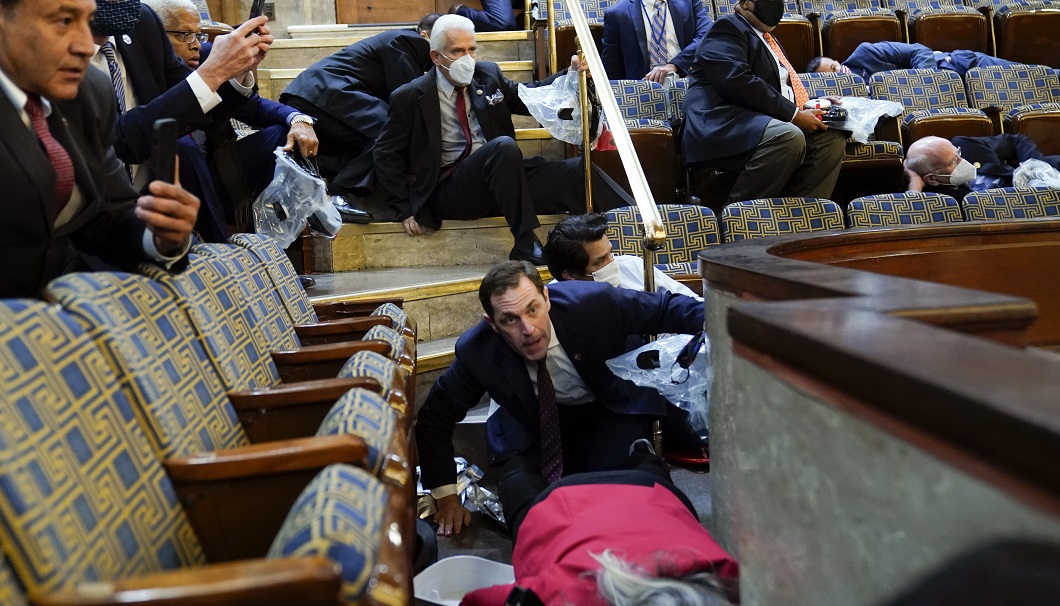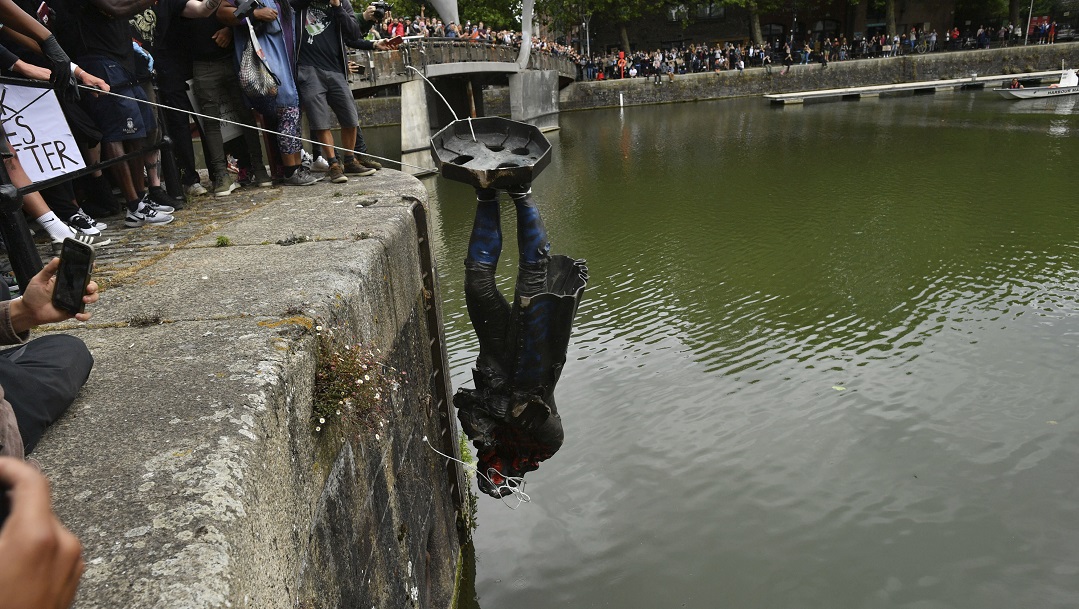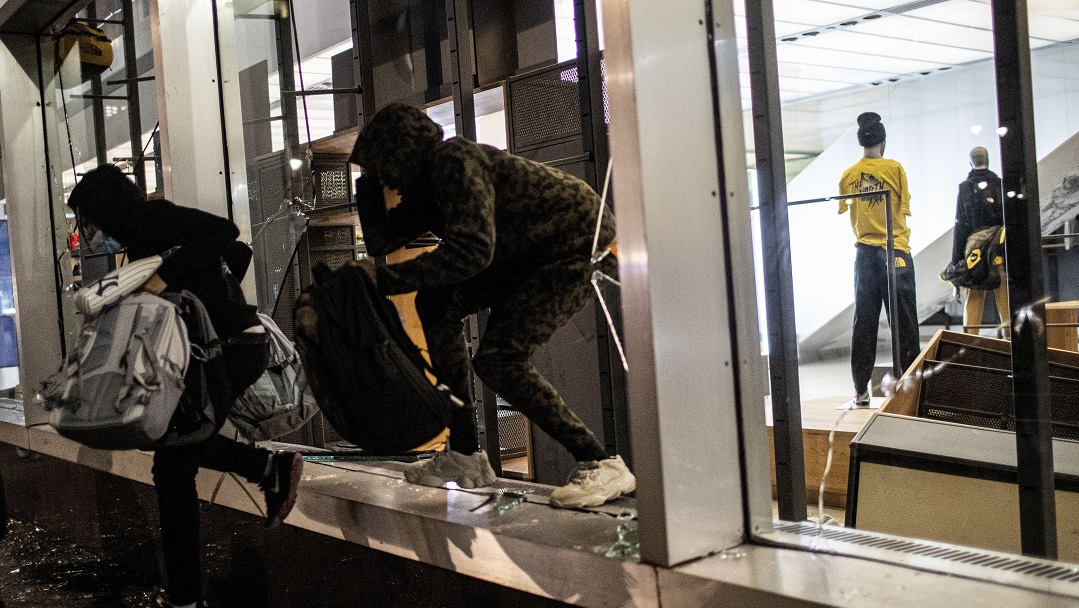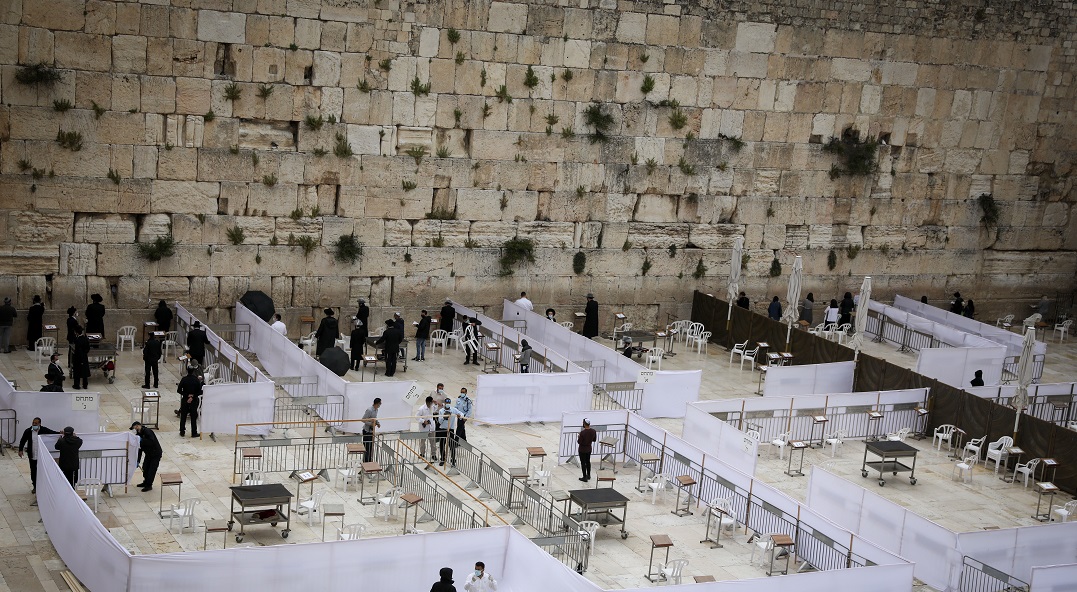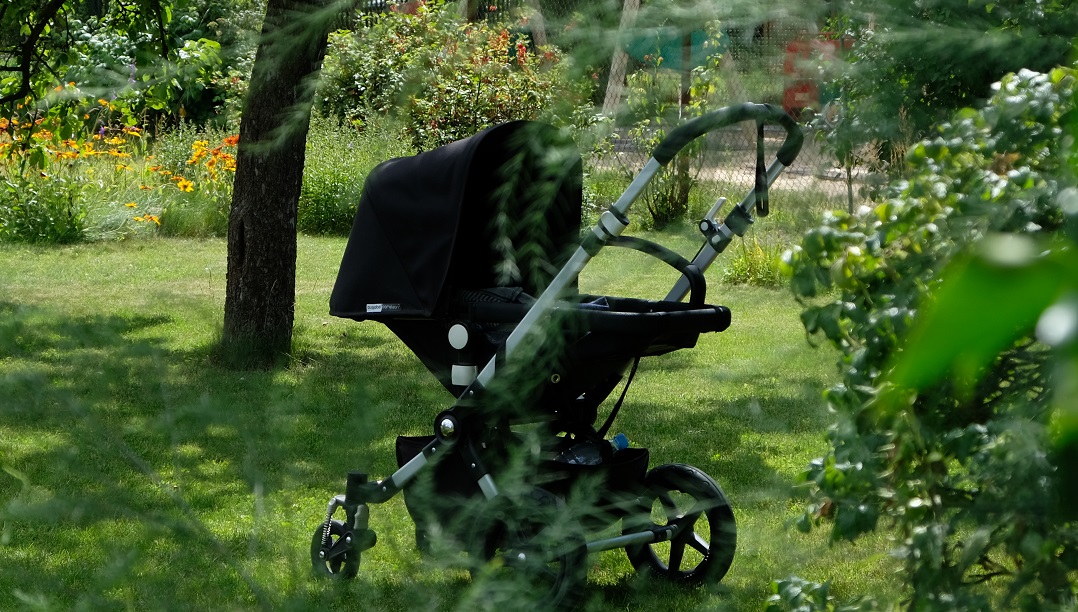Chareidi-bashing, Corona Edition

When this is all over, the sight that will be remembered is the scene of riot police in Meah Shearim -- not the masses breaking lockdown to saunter along the Tel Aviv promenade.
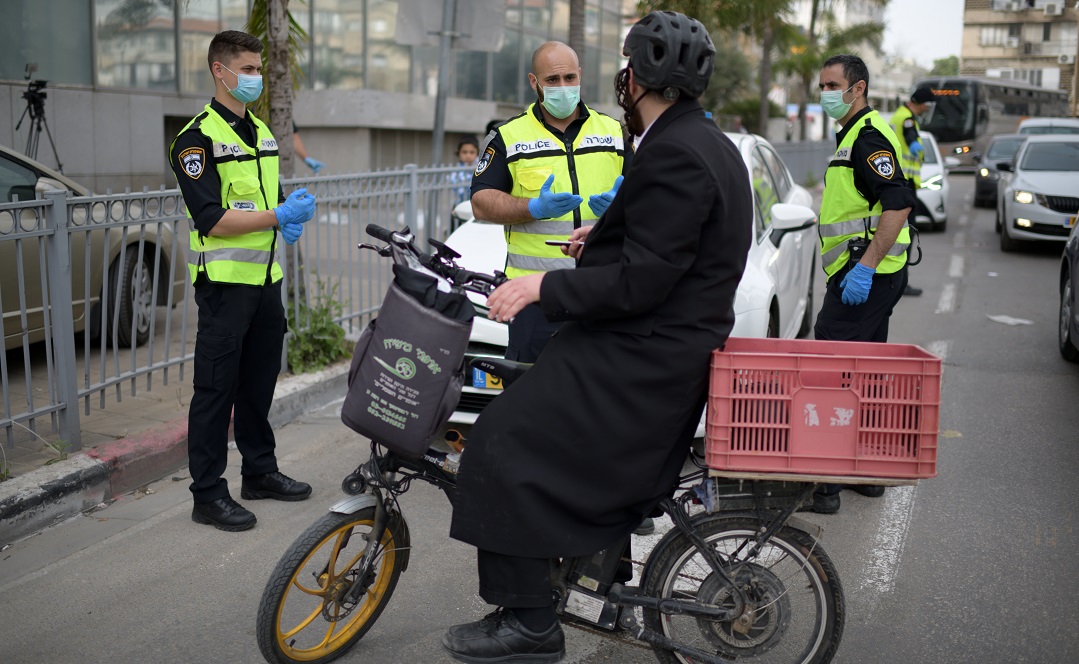
W
ell done, Israeli media.
After the deluge of negative headlines over the last two weeks, when Covid-19 is finally beaten back, it will be the scenes of police ringing Bnei Brak to quarantine it like a medieval plague city, that will define the corona crisis for most Israelis.
Accompanied by condescending voiceovers on chareidi isolation from media and slavish adherence to rabbinic leadership, the sight of riot police in Meah Shearim, not the masses breaking lockdown to saunter along Tel Aviv’s promenade or frolic in the parks, will be remembered.
Headlines in national newspapers like “Israel heads to full shutdown – because of the chareidim”, or “Optimistic note: Corona will send the chareidim into the 21st century” have become the norm. Now that it’s open-season on the chareidim again, Channel 12’s Rina Matzliach was able to accuse the entire chareidi public of close to one million people of mass tax-evasion, and keep her job.
It’s an indictment of the media coverage that the breathless stories of schools that refused to close are well-known, but the fact that 12% of infections came from restaurants, most of which are not frequented by chareidim, and only 7% from yeshivas, was barely mentioned.
These media attacks, which would never be aimed at Arabs or other minorities, are depressing because they’re so predictable. Every crisis needs its fall-guy, and so like the Jews accused of poisoning wells during the Black Death, Public Enemy Number 1 is now the chareidi world.
So to provide some of the context that the media omitted, here are a few pointers:
Hindsight is 2020
It was only on Thursday night after Purim, or mid-March, that Netanyahu addressed the country, and said that the school system and much of the economy would have to shut down. But according to medical authorities, the mass outbreak now underway broke out on Purim when gatherings of up to 100 people were still permitted, amid large parties that took place in Tel Aviv as much as Bnei Brak, The horse had already bolted by the time authorities slammed the door shut.
No apologetics
There’s no question that the chareidi world has its share of rulebreakers. A disturbing trend of people suspicious of scientific authority, and a mentality of oiber chochom - has reared its head again. But this represents a tiny part of the booming chareidi demographic. When the Netanya beachfront featured a number of gangland killings a decade ago, no one dismissed it as a city of mobsters. Why do the chareidim get besmirched in one go?
It’s the same story everywhere, from New York’s Boro Park to London: in a highly-distinct community, the irresponsibility of a small minority is very noticeable. And where there are high levels of social interaction, the contagious nature of coronavirus has had a tragically high impact.
Mirror called corona
Most important, think of Covid-19 as a mirror that reflects society’s bigotries. When hard times come, the natural human reaction is to look for a scapegoat. That, very often, takes the shape of whichever group you’re already suspicious of. There’s a famine? Blame the gypsies. A shortage of work? It’s the foreigners. The chareidim are Israeli society’s perennial “other” – making everyone else uncomfortable by refusing to be normal.
That leaves me with a suggestion for the country’s journalists: if you’re looking to tell a new story, here’s a question that doesn’t get much coverage.
What do Israel’s headlines say about the biases of its’ elites?
**You can submit your feedback in the space provided at the end of this post.
Oops! We could not locate your form.

